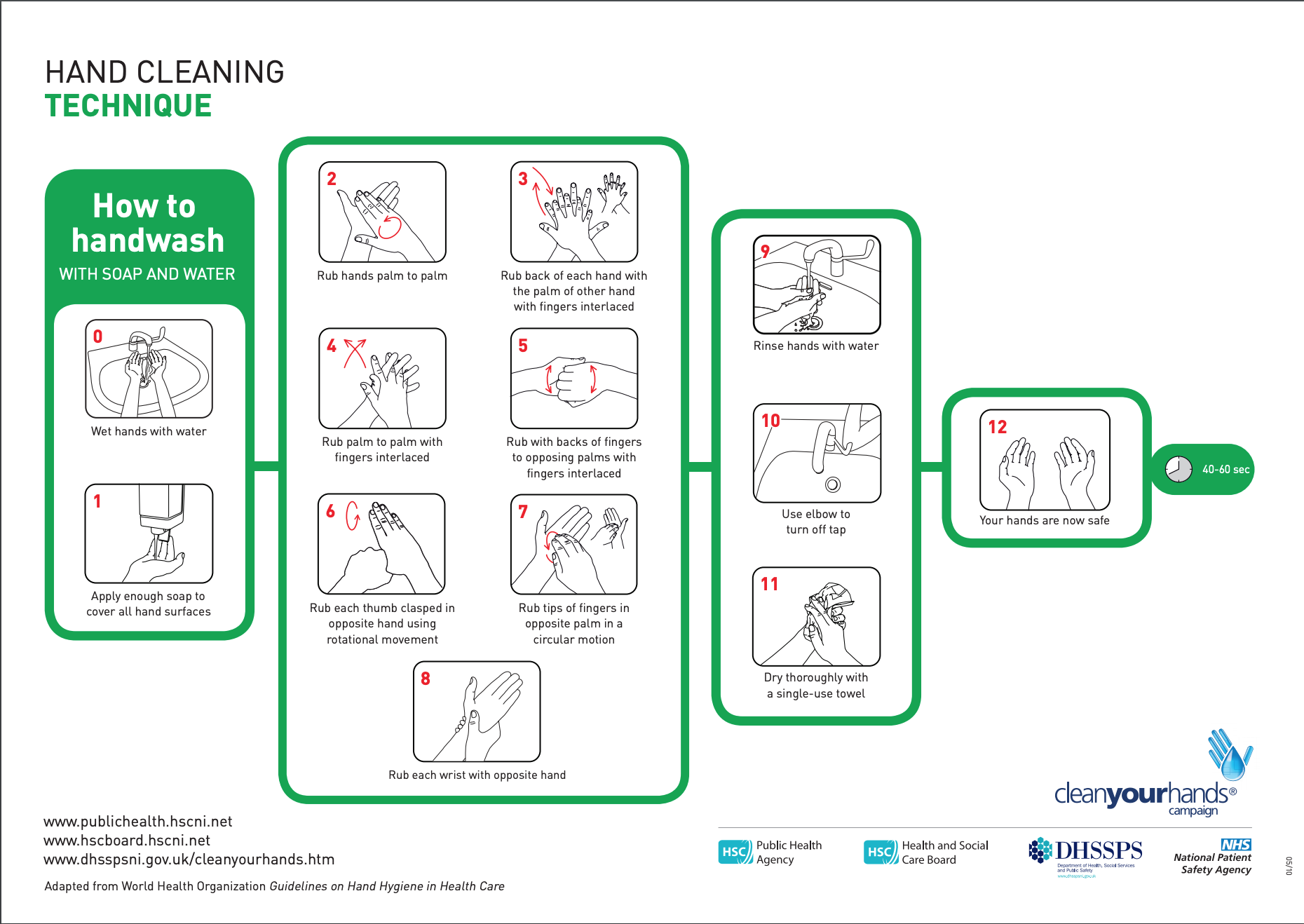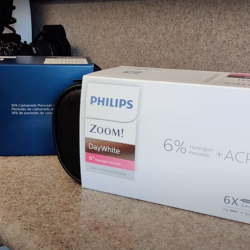Why gloves alone won't protect you from coronavirus
Posted on 1 April, 2020 by Hillsborough Dental

One of the fundamentals of controlling spread of diseases such as Covid-19 is hygiene and regular and frequent hand washing.
I see a lot of people in shops wearing gloves in the misguided belief they are protected against catching the virus. You can still pick up the coronavirus from a door handle, a light switch or any contaminated surface while wearing gloves, and can then unwittingly transfer it to your face or other surfaces just the same as you would with bare hands. The gloves are designed to be a short-term disposable barrier so any virus you pick up on them is disposed of after their use. Their main use is in areas such as medical settings where you expect to be touching contaminated people or equipment/surfaces, not for social activities. One advantage I can however see is you are maybe less likely to touch your face while wearing them.
So hand washing is still essential. The rationale behind it is very simple if you understand what a virus is. It is not strictly speaking a living organism in the sense that it cannot reproduce itself outside a host organism (eg our lung cells) but is a piece of DNA (a protein) and some biochemicals, wrapped in more protective proteins and fats (called lipids). It doesn’t move about itself but is transported on objects, in air flow (breezes, aerosols, coughs & sneezes) and on humans and animals. Antibiotics have no effect on a virus because it is a completely different structure to a bacterium. All the virus does is when it gets absorbed into a cell in your eye, nose, mouth, throat or airways, is throw off its coat and attach its DNA to that cell’s DNA, corrupting it and ordering the cell to change its normal function and become an aggressor and multiplier cell – ie replicating and making new viruses.
Fortunately the virus has a weakness in that the DNA without the fat coating is very fragile and just breaks down over a short time in the environment. So how do we damage/remove the protective fat – we use soap which ‘cuts through’ grease and fat. Think of your frying pan (you can tell this is written by an Ulsterman!) If you try washing just with water, the water sits in droplets on top of the fat and doesn’t work. Add soap (detergent) and this breaks down the large fat molecules into much smaller ones which the water can then wash away. Also consider how much better this cleaning process works in warm/hot water rather than cold. Use the same principal when hand washing. The virus protein disintegrates more rapidly in the absence of moisture and in uv light, so dry your hands well and let them see some sunshine
Is alcohol rub/sanitizer better? No, because it can take up to a few minutes for the alcohol (minimum 65%, way stronger than drinking spirits) to cut through the outer fat/mucous layer, whereas soap and hot water are effective in around 20-30 seconds. Of course good technique (you’ve probably all seen the posters) is crucial to ensuring the hand is entirely cleaned of viruses and no areas are missed.
On a positive note, perhaps our improved hand hygiene management will persist long term and we will reduce the amounts of other influenzas, colds and infections that afflict us.

New Blog Posts

Truths and Myths about Tooth Whitening
16 August, 2022





